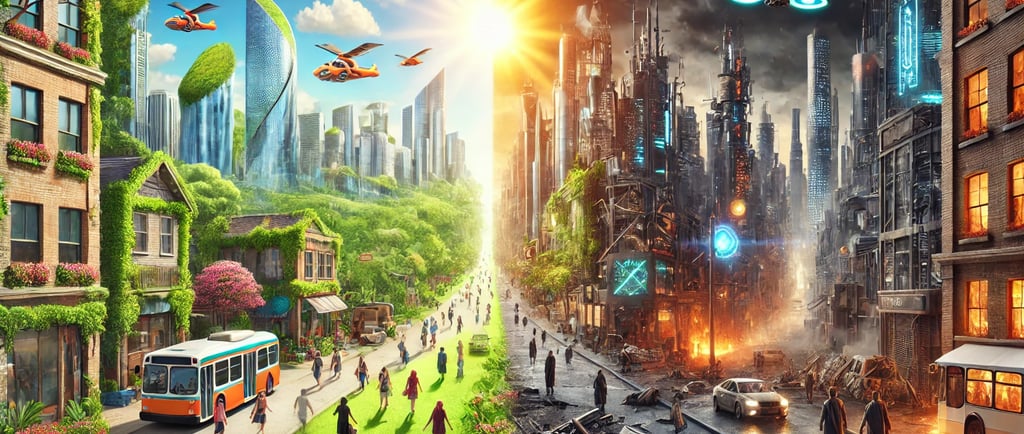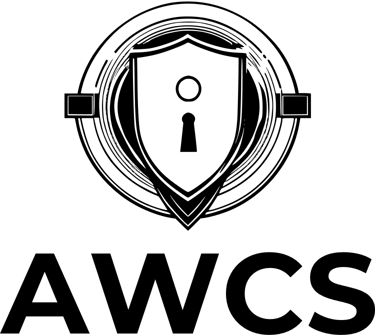Reflection Journal 1
Blog post description.
DIGITAL LITERACY
Aaron Williams
2/6/20252 min read


Visions of the future can be both utopian and dystopian, and they often reflect our deepest hopes and fears. A future that is anything like what we hope for a utopian plan of what might come to pass would see humanity achieving not just political, but global unity, putting an end to warfare, putting an end to the political, social, and ecological conditions that lead to the world shortage of resources that we currently face. If we could just catch up with what has already been discovered, effectively implement it, and then go beyond it; if we could evolve biologically, politically, and culturally into a more harmonious condition, then all the elements of this plan could converge in a future that is possible and even possible.
On the other hand, a dystopian future may result from environmental collapse, with humanity overwhelmed by increasingly severe and impossible conditions, the diverse effects of which will never be felt equally. We may find ourselves in a world where access to sufficient clean water is more precious than gold, with powerful entities controlling access to it. And what of our dreams of scientific progress? They may persist, but only in our imaginations. Life in a dystopian future may seem a lot like the past, as societies regress into something resembling authoritarian rule in the face of disasters both natural and manmade. If fiction may serve any purpose, then, it's as a path for warning signs. These are signs that should call our attention to the dangers of social inequality, climate change, and resource shortage.
Utopian and dystopian ideas contrast sharply with one another, and both are closely tied to determinist thinking. People with a utopian worldview are aligned with technological and social determinism the belief that human progress is mostly in line and nearly is lean toward improvement. History is seen as a nearly inflexible march toward better conditions for life and society, something much better than now where innovations in medicine, agriculture, and governance are going to make a just world more likely than not. Dystopian perspectives, on the other hand, align much more closely with what’s known in sociology as the Social Construction of Technology framework or SCOT. People with a dystopian worldview emphasize much more than do their utopian discussers the power of social and political forces to shape our uses of technology and our avenues of progress or regress.
Create some utopian and dystopian predictions of your own. These can be purely fantasy or based in reality. In either case, think about what makes these narratives convincing.
Finally, think about how utopian and dystopian ideologies are linked to determinist thinking. How might a dystopian outlook, for example, be linked to an SCOT perspective? Why might those with a utopian outlook be more inclined to technological determinism?
